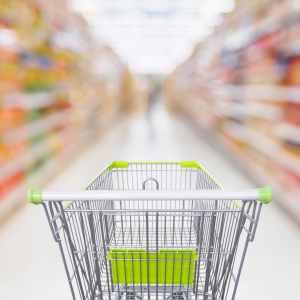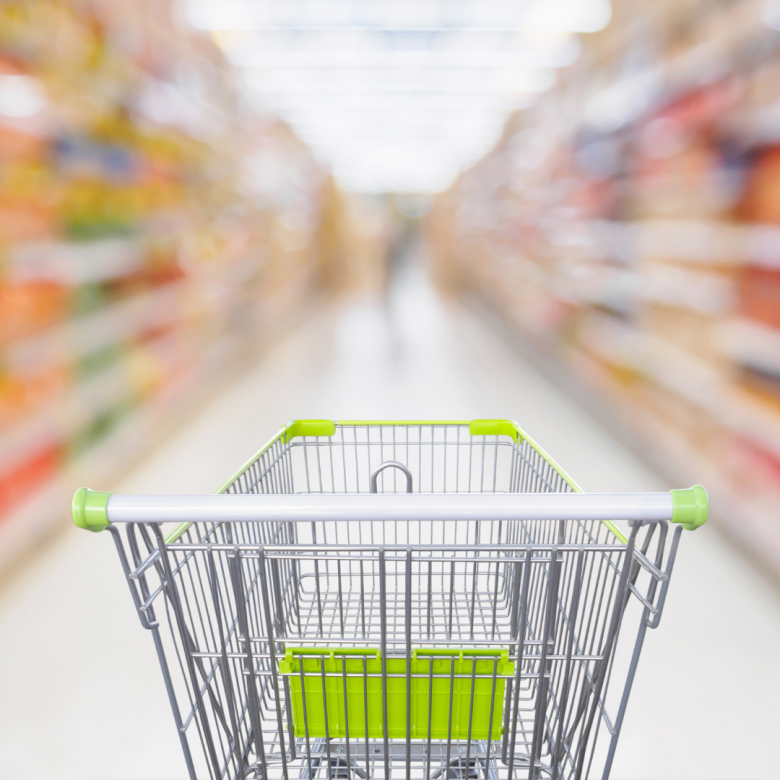It’s hard to save money when you get carried away at the grocery store and end up with a cart full of things that weren’t on your shopping list and aren’t good value for your money. You may think that these extra purchases are too small to have an impact on your wallet but you’ll be surprised by how quickly they can add up over the course of a month.


Having said that, we’re by no means suggesting that you should leave yourself wanting and only buy groceries that are absolutely necessary. But, you should be smart when shopping for groceries – and by following a few simple tips you can save yourself a bundle of cash each and every month.
Prepare a Shopping List
Entering the story already armed with a shopping list will help you stay on track and resist the urge of making unnecessary purchases. Give yourself plenty of time to write and add to your shopping list to ensure you don’t forget items, and you should ideally also set a budget before heading to the store.
Keep Track of What You’re Spending as You Shop
Keeping track of how much your bill is going to be can help you avoid an unpleasant surprise at the checkout and can often help you avoid making unnecessary purchases. You can do this off the top of your head or use a calculator app on your smartphone if you want to be more accurate.
This tactic is especially effective if you enter the store with a pre-determined budget and a list of groceries to buy.
Buying Less Junk Food Will Help Save Money
Aside from being bad for your health, junk food often offers little value for money and is an easy way to add tens of dollars to your weekly grocery bill.
For most of us, it’s not possible to completely stop eating junk food, but we can all benefit from cutting down how much of it we eat.
Don’t Always Assume Bigger is Better
Buying in bulk can be a good way to save money, as you often end up paying less per ounce or per pound. However, this isn’t always the case, so be sure to check that it’s actually cheaper for you to buy a bigger package of something.
If the cost is the same, it’s advisable to go for the smaller option as what you end up buying is less likely to go to waste.
Pay Cash And Leave Your Credit Card at Home
Leaving your card at home and only taking a limited amount of cash with you to the store forces you to stick to your budget, making it much easier to only buy what you need and to avoid making impulse purchases.
Be sure to give yourself some leeway at the start as you may struggle to accurately predict how much you’ll need to spend.
Use What You Already Have
Instead of buying a whole set of ingredients to make a particular meal, take a look at what you already have at home in your pantry and build a meal around that. This will help you prevent food from going to waste and can greatly reduce the cost of your next few weekly grocery shops.
A Quick Summary
- Grocery shopping accounts for a significant amount of our monthly expenditure, so it’s important to set a budget and avoid going overboard when buying groceries.
- You can save yourself a bundle of cash by following our grocery shopping tips.
- These include things like setting a budget, paying in cash, and cutting down on junk food.






